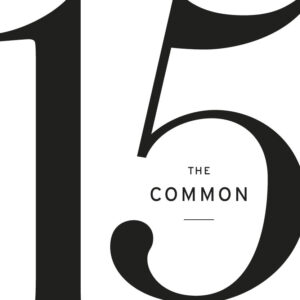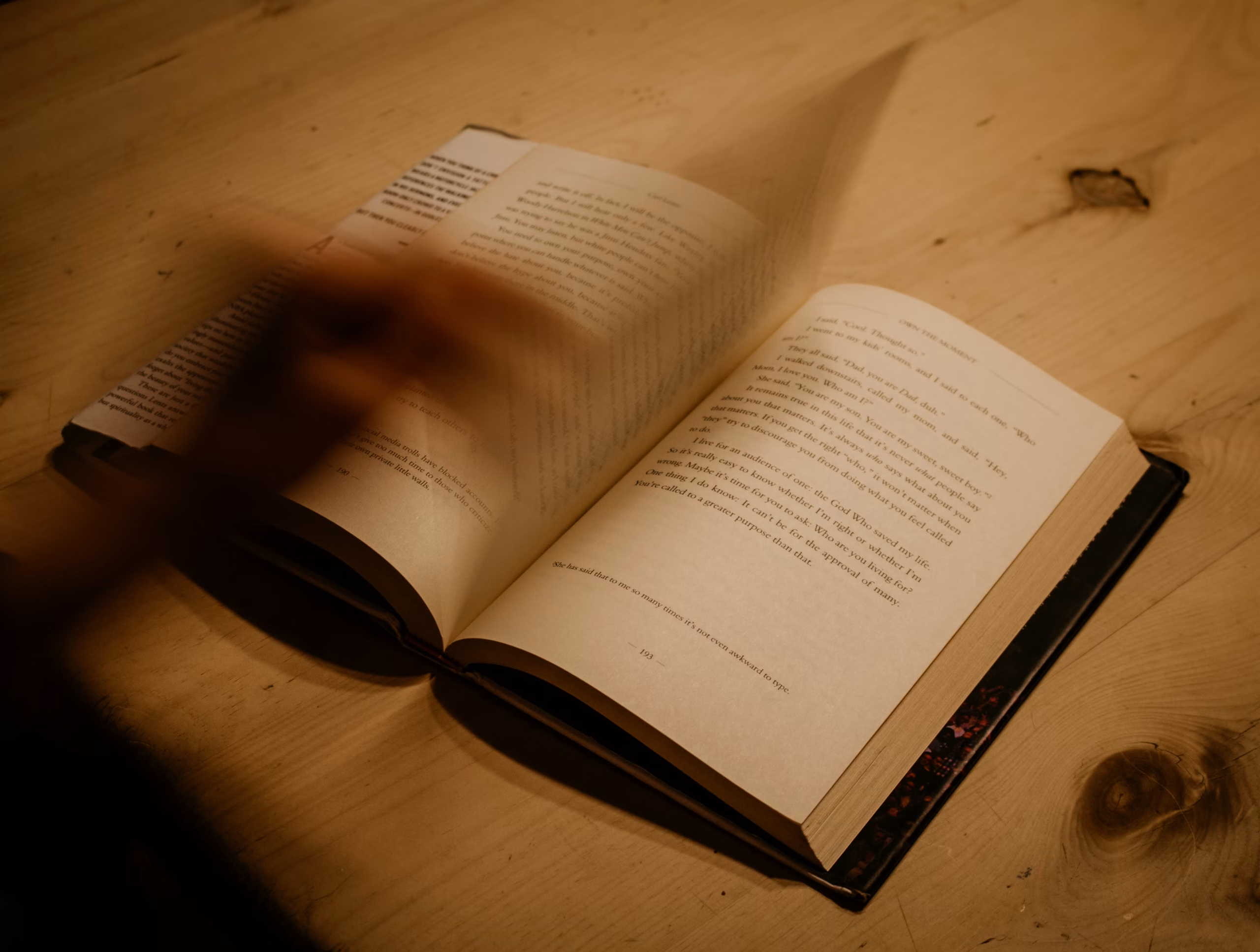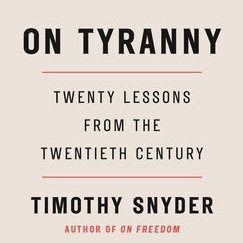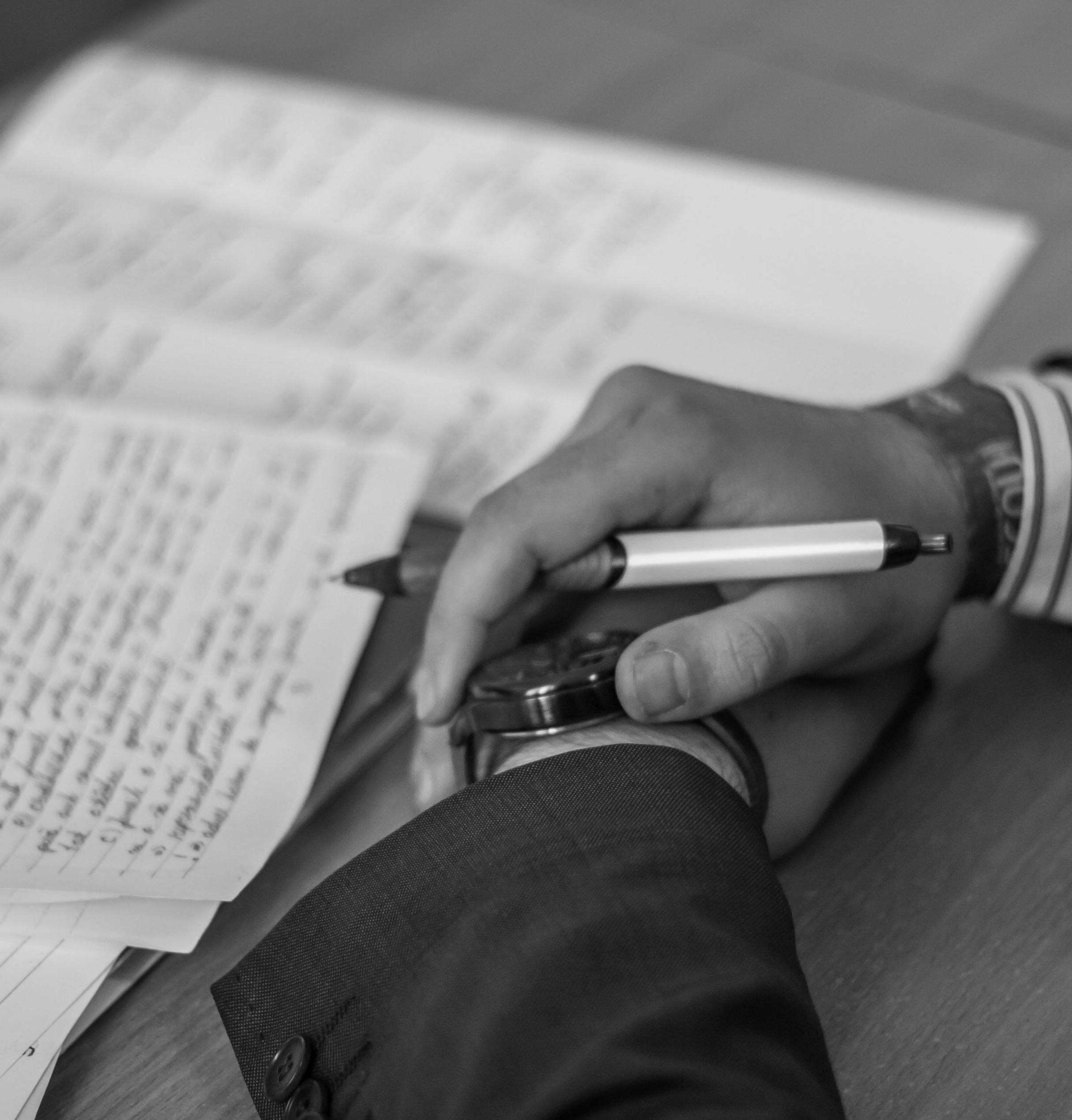
In the grade school days of Hooked on Phonics, I tested at a 6th grade level when I was in 3rd grade. But I didn’t really learn how to read until I was forty years old.
As a young person, I cherished books for their escape value. They provided portals to places where I could forget the bullies on the block, my pre-teen insecurities around image and masculinity, and travel to fantastical underworlds, or follow bookish kids who saved a neighborhood from a villain’s corruptive grasp. My favorite time of the school year was the announcement of the Scholastic Book Fair. I couldn’t wait to get home and check off my selections on the order form. My mother limited my order to two books, sometimes three when she hit a number. I don’t remember what criteria I used, but a title with the word “adventure” was usually a selling point.
A few weeks later, a box would arrive at our classroom and Ms. Friedlander stood in front of the classroom with a box cutter and methodically opened the cardboard printed with a row of schoolhouses on the side flaps. There was magic in that box. In fact, in my memory, a shaft of light emitted from the box when it was opened. The smell, texture, gleam of a new book still entices me. I feel safe in bookstores and libraries and have accepted that I won’t be able to read all the books in my personal library. When I became a father, three decades later, however, I realized that there were only a handful of students who were able to afford a Scholastic order. Books and reading were, and still are, a privilege.
Young poets often ask me what comes first: the performance or the poem? The poem, always. I wanted to write a book before I read a poem aloud. I wanted to see my book in the poetry section alongside Plath, Pessoa, and Poe. Then, during my brief run in the downtown spoken word performance scene, I lost my relationship to reading as a tool. I was in my early twenties. The street corner became my workshop. I learned how to listen. I learned the collective action that storytelling can be, but the allure of recognition, adulation, and downtown applause duped me into believing that my tired rotation of ten poems was enough to sustain whatever literary life I imagined for myself. I read the same eight books during those young poet years: Nappy Edges by Ntozake Shange, Snaps by Victor Hernandez Cruz, Down These Mean Streets by Piri Thomas, Manchild in the Promised by Claude Brown, Selected Poems by Langston Hughes, Letters to a Young Poet by Rainer Maria Rilke, The Journals of John Cheever, and Cane by Jean Toomer. You often hear authors say that their books are “in conversation with” Author A or Poet B. These titles kept me company. They were my primary interlocutors. They were the gaps that I fancied myself constructing bridges for. But even if audiences could detect the imprint of Hughes and Thomas on my early poems, I still had no sense of reading as a practice.
Piri Thomas used to say, every child is born a poet. I came from the pre-MFA school of writers who needed to experience life to write about life. You didn’t go to school to learn how to be a writer. You wrote. So, I dropped out of my first attempt at college after my second year. Dropped out of my second attempt at college after two semesters. You can’t learn to be a writer. But you can wear yourself out garnering experience. When you lean on life as your primary source, you forego the bounty of imagination, ignore what your dreams are relaying to you.
I was forty years old when I decided to return to college for my MFA. I had little in the way of formal, structured, institutionalized learning. But there were always teachers who had encouraged my talent. It was in Professor Bennett’s post-WWII American Lit class where I learned what it really means to be a reader. To live with books. In that class, we read Pynchon and Morrison, and we had to read a book every week and then craft a two-page response. I knew the difference between passive and active reading, but I never engaged with text analytically. If a text spoke to me on a visceral level, then it was good. And while I’m not far removed from these emotional gauges, I was unable to detect post-modern patterns of fragmentation, strategic imagery, and assorted literary devices, let alone read with a pen in hand with the intent to cite passages for my weekly responses. Most importantly, I learned how to revise.
By spring term, the library at the Long Island University/Brooklyn campus became my favorite hangout. My thesis ultimately became The Essential Hits of Shorty Bon Bon, a remythologized underworld journey of an unidentified poet guiding his percussionist uncle across the proverbial river to his afterlife. My preparation consisted of reading interviews with congueros, bandleaders, liner notes, poems about music, and short novels. I can still hear one of Czeslaw Milosz’ speakers in A Treatise on Poetry banging a can at the gates of a concentration camp. My annotations from assigned books during my course of study indicate my tastes, curiosities, leanings, and intentions. I also discovered that reading is just not a textual proposition. You should allow your reading habits to be complemented by your favorite films, listening to first and second takes on iconic albums, or skimming retrospective art books.
For the last three years, I have been reading plays. I am a wannabe playwright. If you are familiar with the dramaturgical thrust of my work, especially my last two books, The Crazy Bunch and The Essential Hits of Shorty Bon Bon, and I told you that I had pivoted to dramatic writing, you would probably say, “Yeah, I can see that leap making sense,” knowing that I used dialogue, narrative arcs, multi-voiced, character-driven poems. I adopted my MFA reading habits in this recent pursuit. Working in a New Hampshire prep school eight months out of the year, there is not much live theater to experience outside of student productions. Luckily, there is precedent for poets-turned-playwrights—August Wilson being the most prominent example. I have soaked up interviews with Sam Shepard, ignited by his idea that dramatic language aspires to music. I have read Eugene O’Neill’s late works and been awed by those dark spirals into truth and pipe dreams. I devoured Wilson’s 100-year cycle, reread Lynn Nottage’s historical plays, and listened to Stephen Adley Guirguis’ LA Theaterworks productions of his plays on Audible, during car rides from New Hampshire to New York City. Reading made writing fun again. Whenever I start a play (or what I think might be a play), that combustion of action that ensues from a piece of dialogue sends me into a playground of questions, possibilities, and exchanges, which is to say that writing is an extension of the magic found between the covers of a book.
Willie Perdomo is the author of Smoking Lovely: The Remix, The Crazy Bunch, The Essential Hits of Shorty Bon Bon, and Where a Nickel Costs a Dime. Winner of the Cy Twombly Award for Poetry, the PEN Open Book Award, and the Academy of American Poets Laureate Fellowship, Perdomo was also a finalist for the 2014 National Book Critics Circle Award and was recently awarded a Letras Boricuas 2024 Fellowship. He teaches at Phillips Exeter Academy and was appointed New York State Poet (2021-2023).



